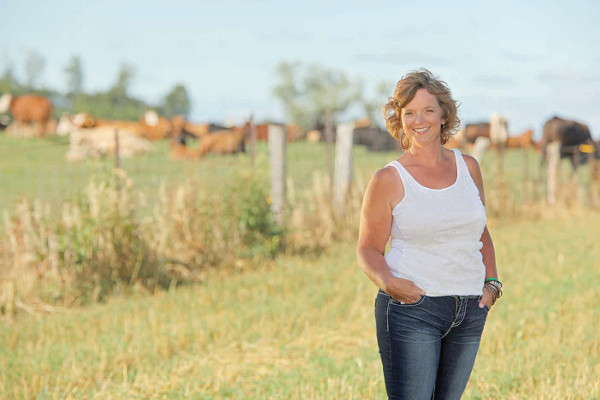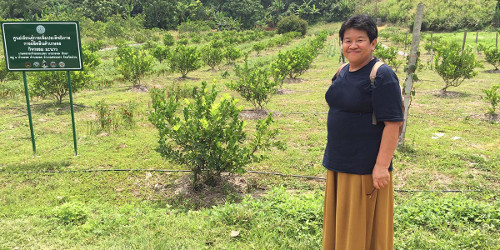Rural development plays a critical role in the United Nations' Sustainable Development Goals (SDGs), particularly in ending poverty (SDG 1), achieving zero hunger (SDG 2), ensuring clean water and sanitation (SDG 6), and developing sustainable communities (SDG 11).
Rural areas host a significant proportion of the global population and are central to agriculture and food security. Addressing rural development is key to SDG 2, which aims to eliminate hunger and ensure access to safe, nutritious, and sufficient food all year round. This is achieved by promoting sustainable agricultural practices, increasing productivity and incomes for small-scale farmers, and improving land and labor conditions.
Further, rural development is tied to SDG 1, as poverty is predominantly a rural issue, with three-quarters of the world's poor living in rural areas. Strategies to alleviate rural poverty include improving access to basic services, infrastructure, and social protection systems, and supporting resilient agricultural practices that enhance food security and increase household income.
Access to clean water and sanitation (SDG 6) is another area where rural development plays a crucial role. Many rural communities lack access to safe and affordable drinking water and adequate sanitation facilities. Investments in rural water and sanitation infrastructure are not only essential for health and wellbeing but also contribute to poverty reduction by reducing healthcare costs and increasing productivity.
Finally, SDG 11 seeks to make cities and human settlements inclusive, safe, resilient, and sustainable. While the focus is often on urban areas, it also includes rural settlements. It's important to promote sustainable rural development, ensuring access to basic services, improving connectivity and mobility, and preserving the cultural and natural heritage.
Moreover, rural development cuts across other SDGs, including SDG 3 (Good Health and Well-being), SDG 4 (Quality Education), SDG 5 (Gender Equality), and SDG 10 (Reduced Inequalities). By addressing the unique challenges faced by rural areas, we can make significant strides towards a more sustainable and equitable world.
To achieve rural development, we need to embrace integrated approaches that consider social, economic, and environmental dimensions. Fostering rural-urban linkages, promoting cooperative efforts, investing in infrastructure, and providing rural areas with access to markets, technology, and education are among the strategies that can contribute to sustainable rural development.





